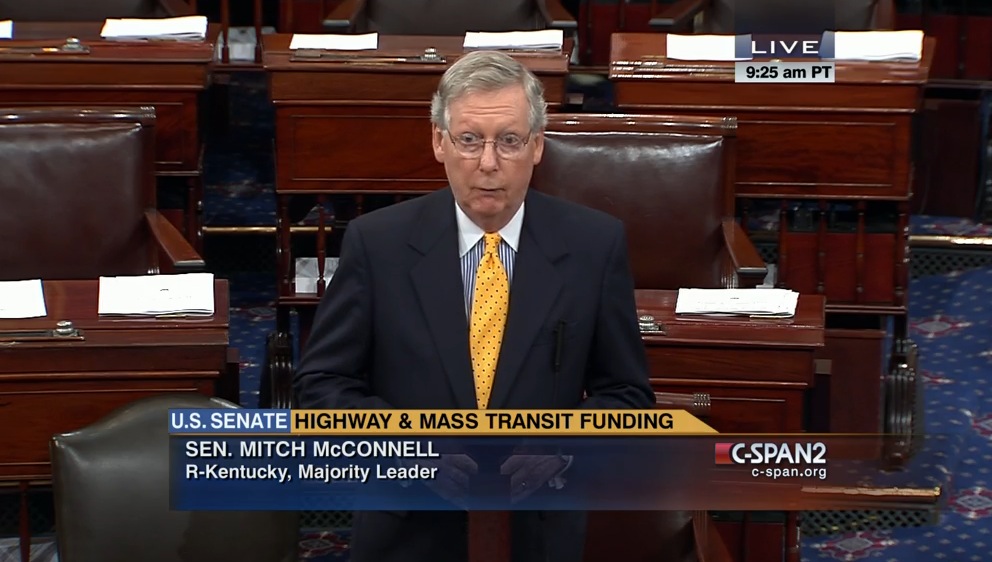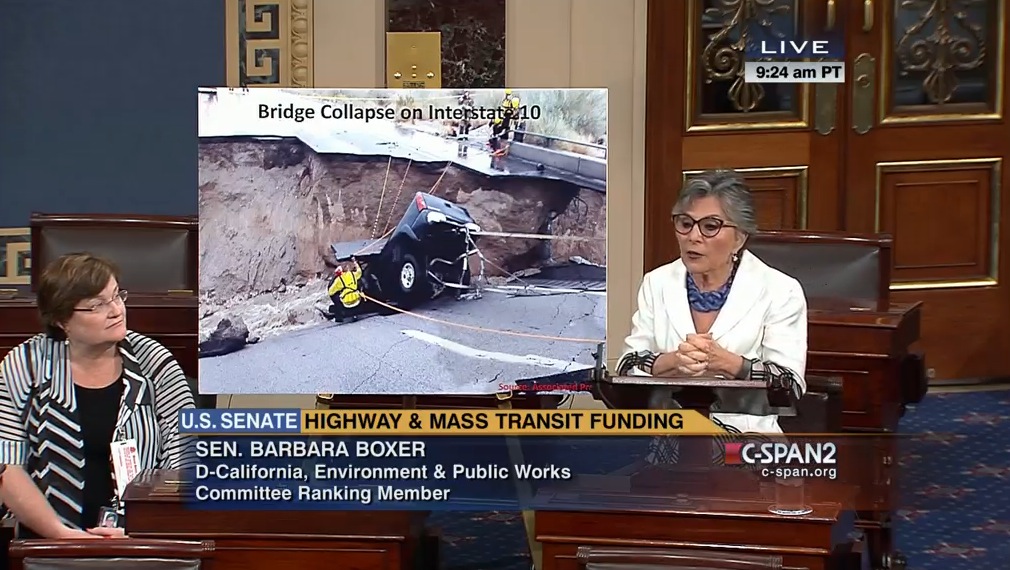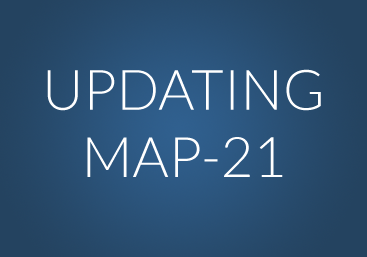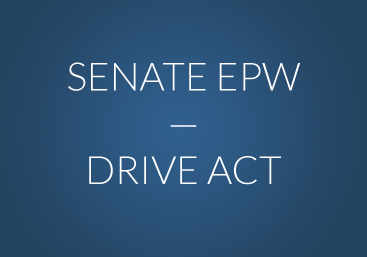
A group of key Senate leaders announced yesterday that they’d reached agreement on a bipartisan six-year transportation bill with three years of guaranteed funding. While it’s encouraging to see this agreement ten days before MAP-21 expires on July 31, forthcoming negotiations over the actual details of the bill will be crucial as most Senators have not yet seen the policy or funding language.


UPDATED Thursday 9:30 a.m.: Late Wednesday, the Senate reached cloture on the transportation reauthorization bill. It got just the required number of votes to pass, 60-38. We’ll move on to discussing and debating the bill today.
UPDATED Wednesday 5:30 p.m.: Yesterday (Tuesday) afternoon, a few hours after this bill was announced on the Senate floor, the Senate failed to pass a “cloture” vote to begin debate of the bill. Senate Democrats were unwilling to begin considering and debating a bill they’d had less than a few hours to read, and a few Republicans voted against cloture as well because of objections to particular funding mechanisms.
Senators McConnell, Boxer and the others assembling the funding mechanisms were only able to find sufficient funding for three years, using a mix of funding offsets that included selling oil from the nation’s strategic reserves, lowering the dividend paid to banks that join the Federal Reserve, and tinkering with fees from the TSA. You can read the full text of the bill here (pdf), a summary of the provisions from the EPW majority, and a summary of the funding mechanisms.
Stay tuned as we watch the Senate for more. Though a vote was mentioned to reporters as a possibility today by numerous Senators, the Senate recessed this afternoon at 4:30 p.m. (Wednesday) without any movement on the bill. There’s still a possibility they could return tonight for a vote, but the more likely option is Thursday.
Original post: Speaking on the Senate floor yesterday, Senators McConnell (R-KY), Reid (D-NV), Boxer (D-CA) and Inhofe (R-OK) announced their agreement on a long-term transportation bill that cobbles together sufficient revenue to carry the policy forward for three years.
The four Senators (and especially Senators McConnell and Boxer) had been “hammering out the details” over the last few days according to an article in The Hill this morning, and today Senator McConnell announced the deal on a “six year highway authorization that will allow for planning for important projects around the country…a long-term bill that’s in the best interests of our country.” (Note: Sen. McConnell repeatedly called the bill a six-year authorization with only three years of guaranteed funding.)
What’s next?
While an agreement has been reached in principle and procedural vote will be taken this afternoon at 4 p.m to consider debate on the bill, it’s far from a done deal at this point, and Senate Democrats will especially be curious to see the details of a bill that the rank and file (and possibly some of the leadership and relevant committee chairs) have not read at all yet.
It’s also notable that the Banking Committee and Finance Committees haven’t independently passed their portions of the full bill yet, so those committee members will be especially interested to see what the bill contains for their areas of jurisdiction.
After Sen. McConnell spoke, the two key Democratic negotiators in the Senate got up and made it clear that while the agreement is a step forward, they need to know more about what’s in the bill before they can proceed.
“We can’t go forward on a bill until we’ve read it and studied it,” said Senator Reid, one of the two main Democratic negotiators on the deal. “We need to look at this document,” he said. The other key negotiator in Democratic leadership, Senator Boxer, urged her colleagues to get the text posted as soon as possible. “We want to see the text — get the text up,” she said.
The vote coming today at 4 p.m. (originally scheduled earlier in the day but moved back during this time) will be a procedural vote to bring the bill to the floor and begin debate. That doesn’t mean there will be a vote on the final bill anytime soon — especially considering that all of the Senate Democrats who spoke made it clear that there’s still work to be done and that they need to carefully study the bill first.
We’ll be watching the vote this afternoon, so stay tuned, and follow us on Twitter to stay regularly updated.





 June 24, 2015 — The Senate Environment and Public Works Committee (EPW) released its six-year MAP-21 reauthorization proposal on June 22, 2015. The DRIVE Act is a start, but needs much more work to reform — and reinvigorate — the federal transportation program in ways that will boost today’s economy and ensure future prosperity. This memo provides an overview of the key provisions included in the proposal, as well as funding levels for key programs.
June 24, 2015 — The Senate Environment and Public Works Committee (EPW) released its six-year MAP-21 reauthorization proposal on June 22, 2015. The DRIVE Act is a start, but needs much more work to reform — and reinvigorate — the federal transportation program in ways that will boost today’s economy and ensure future prosperity. This memo provides an overview of the key provisions included in the proposal, as well as funding levels for key programs.